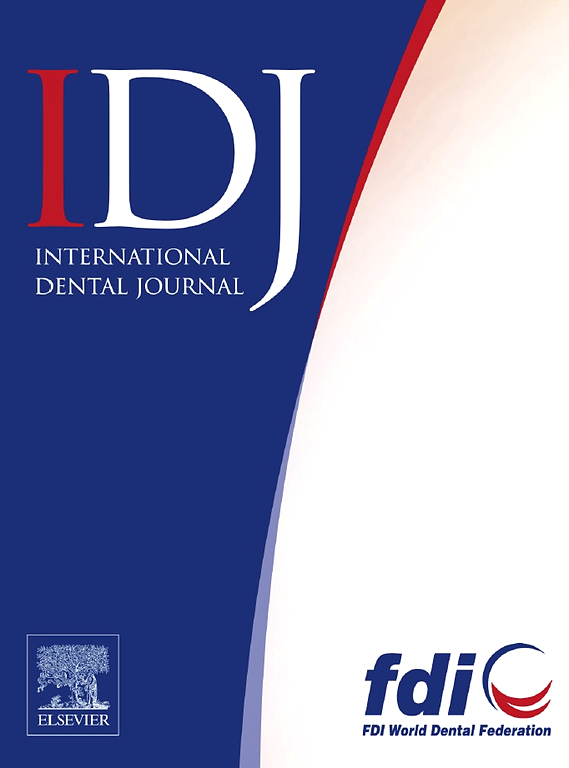Ornidazole Regulates Inflammatory Response and Odontogenic Differentiation of Human Dental Pulp Cells
IF 3.2
3区 医学
Q1 DENTISTRY, ORAL SURGERY & MEDICINE
引用次数: 0
Abstract
Aim
This study aimed to explore the potential of ornidazole as an alternative treatment for pulpitis, focusing on its effects on human dental pulp cells (hDPCs) and macrophages. We assessed the cytotoxicity of various concentrations of ornidazole, its safety and efficacy in treating inflamed hDPCs, and its regulatory impact on inflammatory markers during inflammation.
Materials and Methods
Inflammation in hDPCs was induced using lipopolysaccharides (LPS), and varying doses of ornidazole were introduced. Cell proliferation, migration, inflammation regulation, and dentinogenesis under inflammatory conditions were evaluated. Additionally, macrophages were cultured with different doses of ornidazole to analyse the expression of inflammatory genes. If statistically significant differences were observed between the control and treatment groups, this was considered evidence of ornidazole's effects on hDPCs. Statistical analysis was performed using SPSS 26.0, with one-way analysis of variance and Tukey's test for comparisons. A P-value of < 0.05 was considered statistically significant.
Results
Ornidazole influenced cell proliferation, inflammation regulation, and dentinogenesis. Concentrations below 10 µg/mL did not exhibit significant cytotoxic effects on hDPCs over a 7-day period, and the cytotoxicity of ornidazole was both concentration- and time-dependent. Ornidazole decreased the expression of proinflammatory markers (IL-6 and TNF-α) while enhancing the expression of anti-inflammatory markers (IL-1Ra and IL-8). It also suppressed alkaline phosphatase (ALP) activity but increased the expression of odontogenic differentiation markers at both mRNA and protein levels in the presence of inflammatory stimuli. Furthermore, ornidazole demonstrated immunomodulatory effects on macrophages.
Conclusions
Low concentrations of ornidazole were found to be safe for hDPCs. Ornidazole modulated the expression of inflammatory markers (IL-6, TNF-α, IL-8, IL-1Ra) in inflamed hDPCs and regulated odontogenesis-related markers. Furthermore, low concentrations of ornidazole enhanced the immune regulation in macrophages, highlighting its potential as a therapeutic agent for pulpitis.
Clinical Relevance
This study aimed to understand the interactions of ornidazole with hDPCs, its anti-inflammatory properties, and its regulatory effects on odontogenic processes. By examining the impact of different concentrations of ornidazole on cells associated with pulp inflammation, this study provides valuable insights into its therapeutic potential for pulpitis and tends to support its clinical application.
求助全文
约1分钟内获得全文
求助全文
来源期刊

International dental journal
医学-牙科与口腔外科
CiteScore
4.80
自引率
6.10%
发文量
159
审稿时长
63 days
期刊介绍:
The International Dental Journal features peer-reviewed, scientific articles relevant to international oral health issues, as well as practical, informative articles aimed at clinicians.
 求助内容:
求助内容: 应助结果提醒方式:
应助结果提醒方式:


